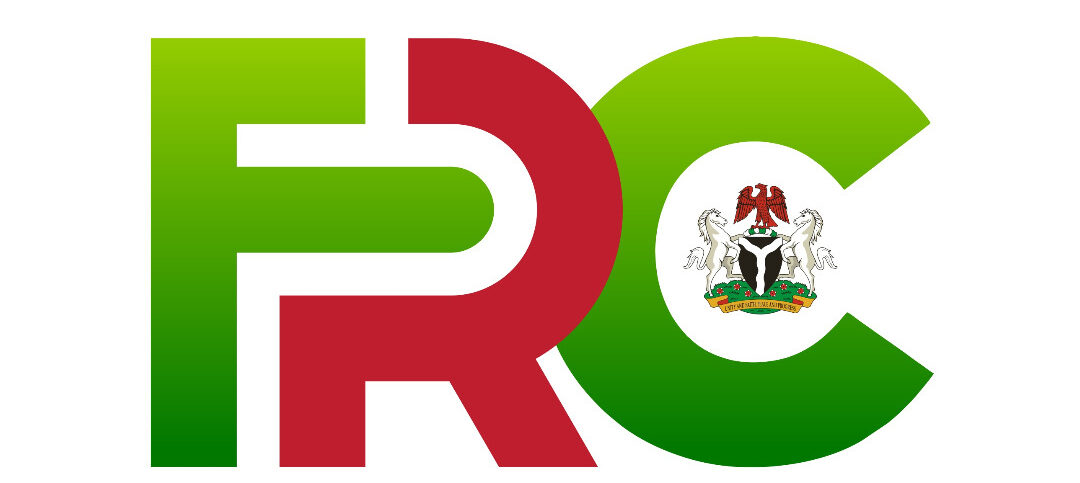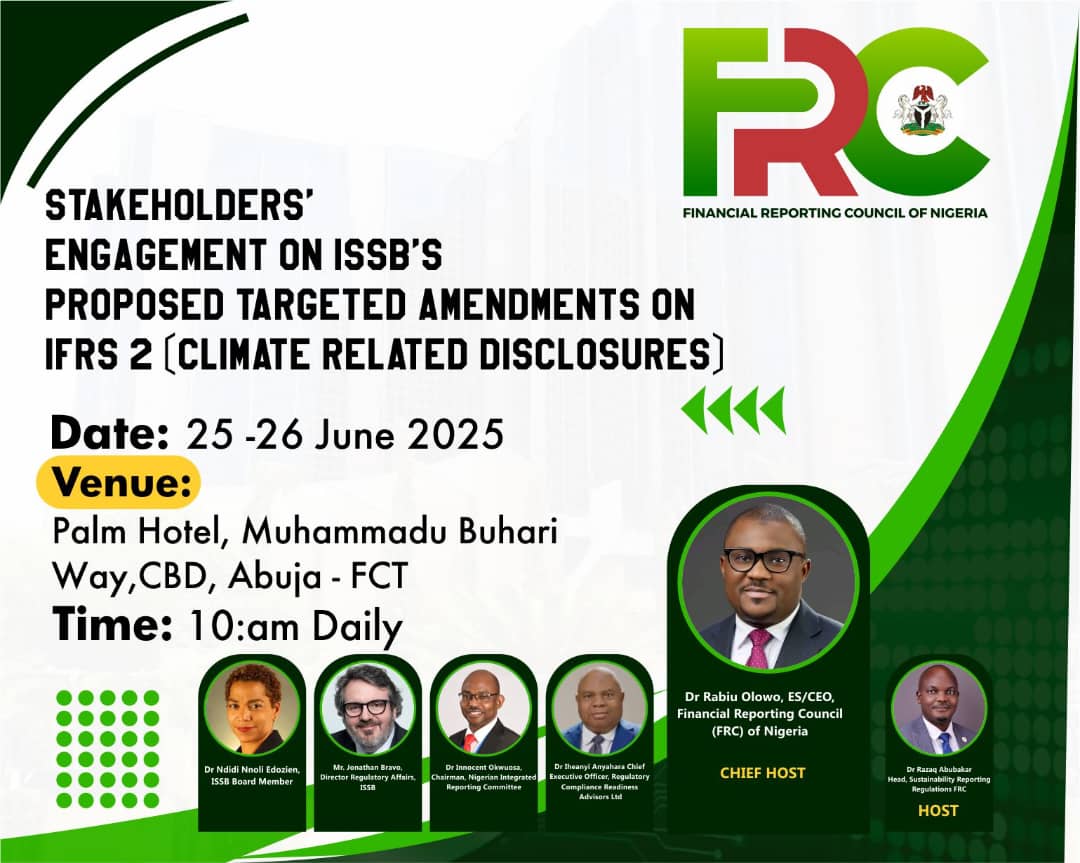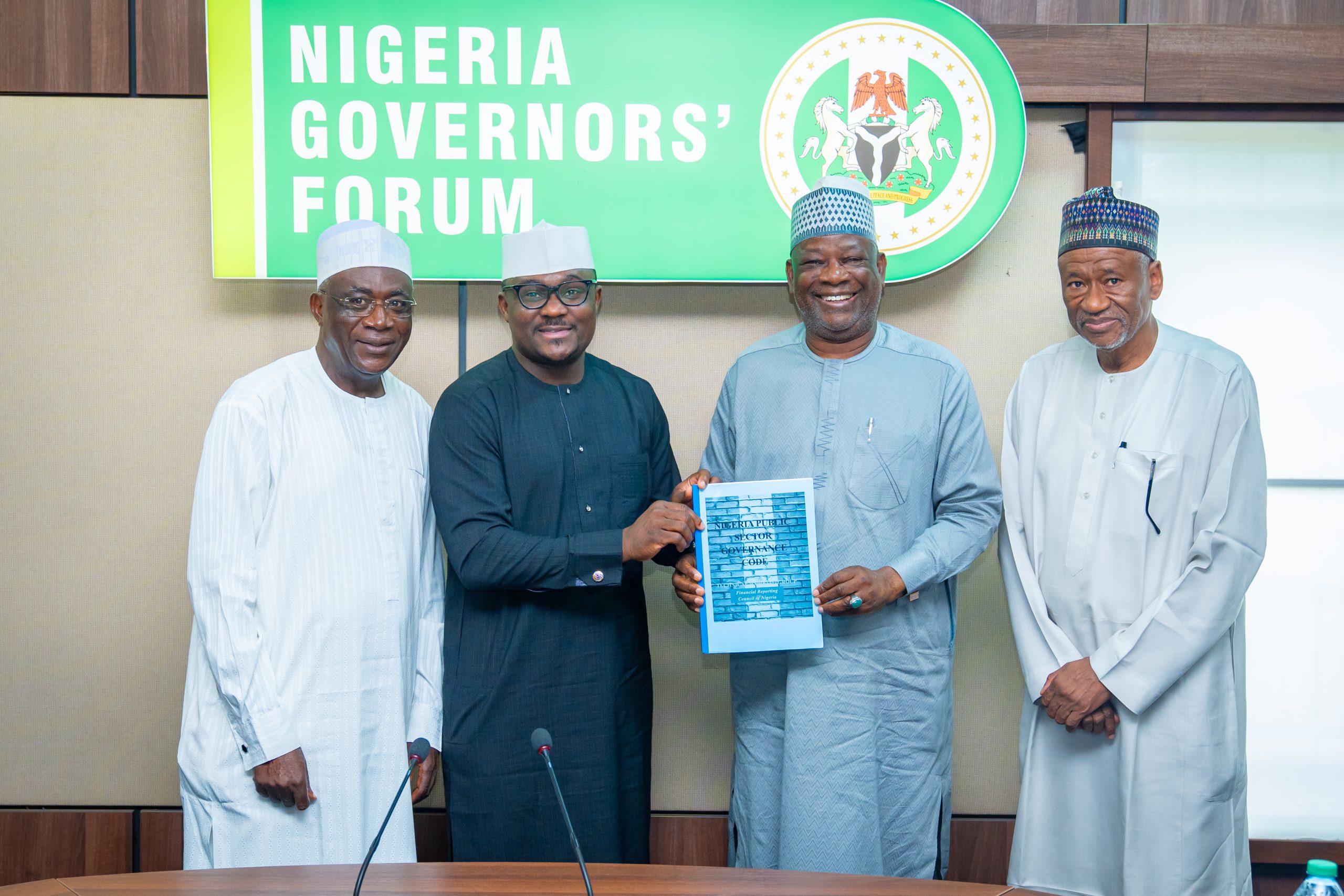
FAQs
Frequently Asked Questions on the Nigerian Code of Corporate Governance (NCCG) 2018
FAQs on NCCG 2018
Sectoral Codes/Guidelines of corporate governance address specific sector issues of corporate governance and as such, each of the Guideline is peculiar to a sector. The Nigerian Code of Corporate Governance 2018 is an all-encompassing Code that addresses issues across entities in the Country.
Lorem ipsum dolor sit amet, consectetur adipiscing elit. Ut elit tellus, luctus nec ullamcorper mattis, pulvinar dapibus leo.
NCCG 2018 covers general matters of corporate governance which are applicable to varying organizations of different sizes and complexities. While Sectoral Corporate Governance Guidelines address Corporate Governance matters peculiar to each sector and which were not addressed in NCCG 2018.
NCCG 2018 is a Code with pronouncements on corporate governance matters. While the CAMA addresses some corporate governance matters, such provisions are general in nature and not properly codified. Also, Section 51(c) of the FRC Act empowers the Council to issue the Code of Corporate Governance and impliedly, the rationale for NCCG 2018.
NCCG 2018 is aimed at companies of varying sizes and complexities across industries. It is flexible – applies in a wide range of circumstances and scalable – applies to companies of differing sizes.
No. it is a “Principle-based code” that allows for judgments. It is flexible and scalable.
The philosophy “Apply and Explain” assumes the application of all principles and requires entities to explain how the principles are applied. Apply Principles: All principles are ideals that Companies should strive for in their governance journey. The principles are basic and fundamental to good governance, and application of the principles is therefore expected. Explain Practices: Companies should provide explanations for the recommended practices that have been implemented or how these or other practices implemented have delivered the expected outcomes of the principles.
Apply and Explain: Application of the principles is assumed, and an explanation is disclosed on the practices that have been implemented and the progress made towards governance outcomes. Comply or Explain: Entities are given a set of standards to follow, but they’re not mandated to comply with everything. If a company did not follow the standard, it is bound to explain why it chose not to do so. Apply or Explain: Similar to ‘Apply and Explain’ but differ in that the application of the principles is assumed but an explanation for exceptions to recommended practices is required. However, ‘comply’ denotes mandatory. Approaches that ask companies to comply call for the government to enforce the law, while the apply-or-explain approach call for the shareholders to enforce the Code.
NCCG 2018 will apply to public companies (whether or not they are listed), private companies that are holding companies of public companies and other regulated entities, licensees operating in any field, concessioned and/or privatized companies, and regulated private companies. Every other company is expected to key into NCCG 2018.
No. The Nigerian Code of Corporate Governance 2018 is a Code for both Public and Private Companies.
The Sectoral Codes of Corporate Governance are withdrawn following the issuance of NCCG 2018 and the various Sectoral Corporate Governance Guidelines.
NCCG 2018 has been effectively harmonized with the provisions of each of the Sectoral Guidelines such that there should not be any conflict. The Sectoral Guidelines only complements NCCG 2018 in each Sector and makes specific pronouncements on Corporate Governance relevant to each Sector. (Clarifications can be sought from Regulators)
The 28 Principles of NCCG 2018 should be applied in full and shall be complemented by various Sectoral Corporate Governance Guidelines. While NCCG 2018 applies to all entities and it is for general applicability, regulated entities are also required to apply the provisions of their various Sectoral Guidelines, which are sector specific.
Sectoral Regulators will be involved in monitoring and enforcement of the Code in conjunction with FRC and they are empowered to impose sanctions on contraventions of the provisions of NCCG 2018.
A Company should report on the application of this Code in its annual report for the periods ending on or before January 1, 2020. However, the emergence of COVID-19 forced the Council to give forbearance and changed reporting on NCCG 2018 to July 31, 2020.
Non-compliance with the provisions of NCCG 2018 may attract penalties as may be stipulated by Sector Regulators and FRC alike.
Entities are expected to use the NCCG 2018 reporting template hosted on the FRC website for a rendition of reports. The completed NCCG 2018 reporting template for entities is to be forwarded to: Sector Regulators; the FRC at: fookediran@financialreportingcouncil.gov.ng; nccg2018reporting@financialreportingcouncil.gov.ng; and for listed companies, the stock exchanges on which they are listed. Additionally, a completed copy of the reporting template should be hosted on the investors’ portal on the company’s website for a minimum of five (5) years, alongside the company’s communication policy, annual reports, and other relevant information as indicated in Section 27.4 of the Code.
These are the musketeer committees prescribed by Codes of Corporate Governance all over the world. The reason is that you cannot audit your work, you cannot decide on your compensation and you cannot recruit yourself. The risk management committee is now very important drawing from the recent financial crisis.
To accord him/her the independence and protection to function and not to be cowed by the Executives and the MD/CEO.
They cannot recruit themselves; they cannot decide on their compensation and they cannot audit their work.
To accord him/her the independence and protection to function and not to be cowed by the Executives and the MD/CEO.





